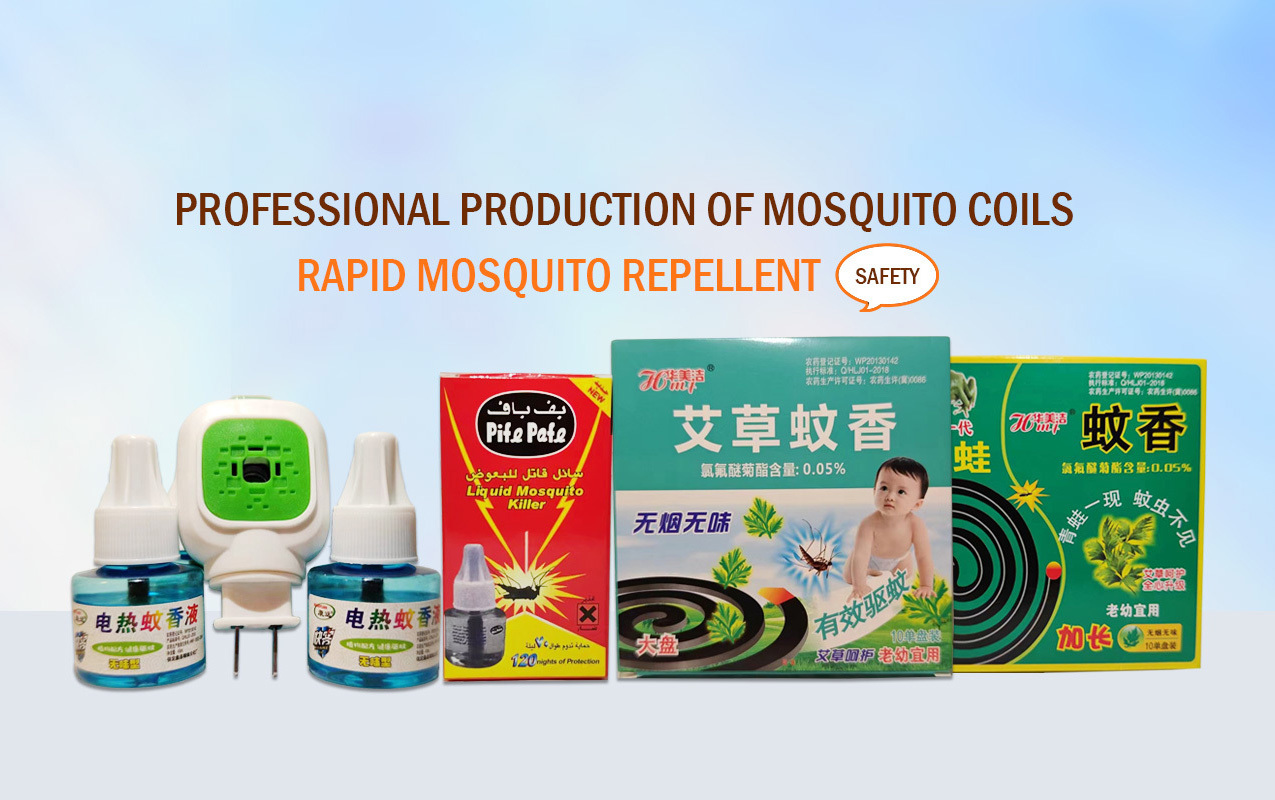Effective Insect Killer Spray: A Comprehensive Guide for Agricultural Applications
2025-02-04

Insect killer sprays are an essential component in agricultural pest management, playing a vital role in ensuring healthy crop yields and protecting food supplies. Understanding how these sprays function, their types, and their application techniques can empower farmers and agricultural professionals to make informed decisions.
Insect killer sprays typically contain active ingredients designed to target specific pests. They work by disrupting the biological processes of insects, which can include interfering with their ability to reproduce, feed, or develop. The effectiveness of insect killer sprays often hinges on their formulation—ranging from synthetic chemicals to natural extracts—and the specific pests they are designed to combat.
Several types of insect killer sprays are available, including contact insecticides, systemic insecticides, and insect growth regulators. Contact insecticides kill pests on contact, making them effective for immediate action against visible infestations. Systemic insecticides are absorbed by the plant, protecting it from within and providing longer-lasting protection. Insect growth regulators, on the other hand, disrupt the life cycle of insects, preventing them from maturing into damaging adults.
When applying insect killer sprays, timing and technique are crucial for maximizing their effectiveness. It's generally recommended to apply these sprays during the early morning or late evening when many pests are most active, and beneficial insects are less likely to be affected. Additionally, proper application techniques—such as ensuring even coverage and avoiding drift—are essential for reducing waste and ensuring that the product reaches its target.
Safety is paramount when using insect killer sprays. Operators should wear protective clothing and equipment to minimize exposure. It's also important to follow label instructions carefully to avoid harming non-target species, including beneficial insects, wildlife, and humans. Integrated Pest Management (IPM) practices, which combine biological, cultural, and mechanical methods with chemical controls, can further enhance the effectiveness of insect killer sprays while promoting environmental sustainability.
In conclusion, insect killer sprays are valuable tools in an agricultural setting, enabling producers to manage pest populations effectively. By understanding the types, application methods, and safety measures associated with these products, agricultural professionals can enhance their pest management strategies, ensuring healthier crops and a more sustainable approach to farming.
Recommend News
Contact Us
Leave Us A Message


